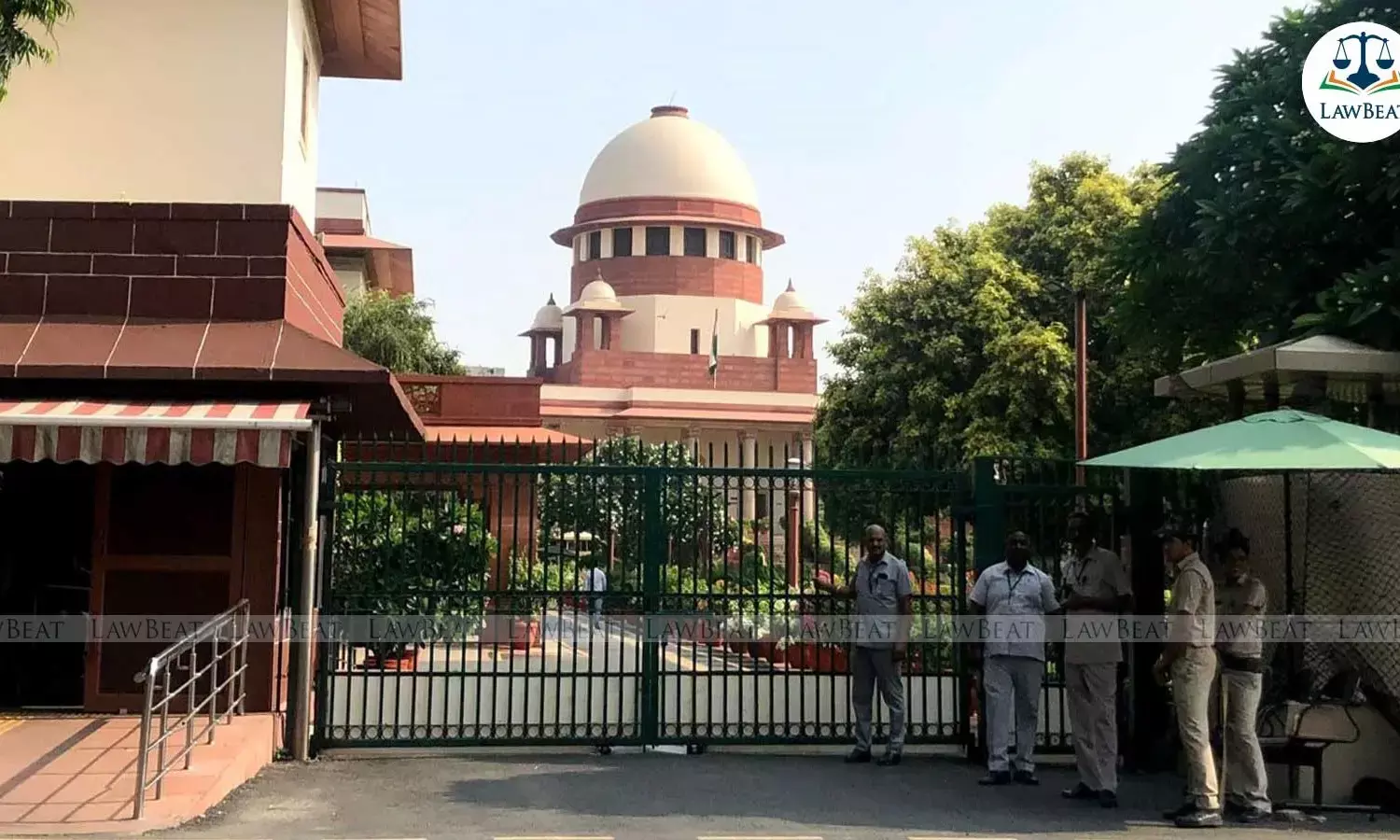Parallel proceedings can’t be initiated by tax administration under GST regime: SC

The Supreme Court has held that parallel proceedings cannot be initiated by one tax administration if another has already commenced intelligence-based enforcement action. The ruling clarifies the interpretation of Section 6(2)(b) of the Central Goods and Services Tax Act, 2017, which also finds an equivalent in State GST laws, and bars initiation of any proceedings on the same subject matter.
The Court said that any action arising from an audit of accounts or a detailed scrutiny of returns must be initiated by the tax administration to which the taxpayer is assigned, but intelligence-based enforcement action can be initiated by either the Central or State administration irrespective of the assignment. It explained that not every inquiry or evidence-gathering exercise amounts to “proceedings” under the law. The term “initiation of any proceedings” refers specifically to adjudicatory proceedings commenced with a show cause notice, and does not extend to summons, searches, or seizures. The expression “subject matter” refers to any tax liability, deficiency, or obligation arising from a specific contravention that the Department seeks to assess or recover.
The bench underscored that where two proceedings overlap in terms of tax liability, deficiency, or obligation arising from the same contravention, Section 6(2)(b) is triggered. However, where distinct infractions are involved, the proceedings would not qualify as the same subject matter, even if the liability or deficiency is similar. A twofold test is required to determine if the subject matter is identical: whether an authority has already proceeded on the same tax liability or offence based on identical facts, and whether the relief or demand sought is the same.
The ruling came in a petition filed by M/s Armour Security (India) Ltd challenging the Delhi High Court’s February 7, 2025 judgment that declined to interfere with summons dated January 16, 2025 and January 23, 2025 issued under Section 70 of the CGST Act, 2017. The petitioner had already received a show cause notice dated November 18, 2024 under Section 73 of the CGST Act for the tax period April 2020 to March 2021, raising a demand of Rs 1.24 crore with interest and penalty under Sections 50 and 74. The petitioner contended that subsequent summons amounted to impermissible duplication.
The Supreme Court clarified that at the summons stage it cannot be determined with certainty that the subject matter will be identical. The mere presence of an overlapping aspect under investigation does not make the subject matter the same. To resolve such conflicts, the Court laid down binding guidelines. When summons or show cause notices are issued, taxpayers must comply in the first instance. If an assessee knows that the matter is already under investigation by another authority, they must inform the second authority in writing. Authorities are then required to communicate with each other to verify the claim and avoid duplication. If it is found that the investigations pertain to distinct subject matters, the authorities must convey this with reasons in writing to the taxpayer.
The Court said authorities may continue inquiries until it is clear that both are assessing the same liability or contravention. If a show cause notice is issued in respect of a liability already covered by another, it shall be quashed. Where both authorities find overlap, they must decide which will continue, and the other must transfer all material. If they cannot agree, the authority that first initiated action shall proceed, with courts empowered to transfer matters if required. Taxpayers have the remedy of approaching the High Court under Article 226 if guidelines are not followed, but they must cooperate by responding to summons and notices.
On systemic improvements, the Court directed that central and state authorities must strengthen common IT infrastructure to enable seamless real-time sharing of data and intelligence inputs. Such coordination will prevent duplication, reduce hardship to taxpayers, and advance the objective of cooperative federalism. The Directorate General of GST Intelligence has been asked to consider measures for robust mechanisms ensuring visibility of actions initiated by one authority to the other.
This judgment serves as an important precedent on the scope of parallel proceedings in the GST framework, balancing departmental enforcement powers with taxpayer protection against duplication and arbitrariness.
Case Title: M/s Armour Security (India) Ltd Vs Commissioner, CGST, Delhi East Commissionerate & Anr
Judgment Date: August 14, 2025
Bench: Justices J B Pardiwala and R Mahadevan
